A UK study endorsed by the Australasian Society of Clinical Immunology and Allergy has shown there is no evidence to suggest expensive formulas lower the incidence of allergies or auto immune conditions, they have also changed recommendations around the introduction of egg and peanuts.
A paper in the British Medical Journal by the Imperial College London found no consistent proof that hydrolysed milk formula can deliver the touted benefits.
“Our findings conflict with current international guidelines, in which hydrolyzed formula is widely recommended for young formula-fed infants with a family history of allergic disease,” wrote the study authors.
We found no consistent evidence to support a protective role for partially or extensively hydrolysed formula.”
The findings have promoted new advice issued for parents on infant feeding and guidelines for allergy prevention by the Australasian Society of Clinical Immunology and Allergy (ASCIA), the peak body for allergy and critical immunology in Australia.
They have updated their guidelines recommending that hyper-allergic formulas don’t work for the prevention of any allergic disease as well as encouraging new mothers to increase their consumption of oily fish.
“Where we once suggested that partially hydrolysed infant formulas may provide some benefit, the combined weight of evidence no longer supports this.” Professor Dianne Campbell, Chair of the ASCIA Paediatric Committee told The Motherish.
Food allergies
Two in five children in Australia and New Zealand are affected by allergic disorders.
Prof Campbell told The Motherish that the reason for the continued rise in allergic diseases in developed countries is complex and research in this area is ongoing.
“Although children with a family history of allergy are at higher risk many children with no family history also develop allergies. Therefore, these guidelines are relevant for all families.”
Prof Campbell says that the new guidelines are valid for all families. ASCIA recommend infants are introduced to solids between the ages of four months and six months irrespective of whether they are considered “allergenic.” ASCIA also recommends breastfeeding for at least 6 months.
The four big changes are:
1. The recognition that there is no consistent, convincing evidence to support that hydrolysed formulas (usually labelled HA or hypoallergenic) assists in allergy prevention in infants or children.
2. Recommendations that women consume up to three serves of oily fish per week during pregnancy and breastfeeding. They say this may be beneficial in preventing eczema in early life.
3. Changes to peanut recommendations. They say “there is evidence that for infants at high risk of food allergies, such as those with severe eczema or who already had a food allergy reaction to egg, introduction of regular peanut before 12 months of age can reduce a subsequent peanut allergy.”
4.Changes to egg recommendations. There is now a recommendation for the introduction of cooked egg into the diet of infants, especially those with a family history of allergy, before eight months of age to try and reduced the risk of egg allergy.
Share your comments below.
Image via Shutterstock
We may get commissions for purchases made using links in this post. Learn more.
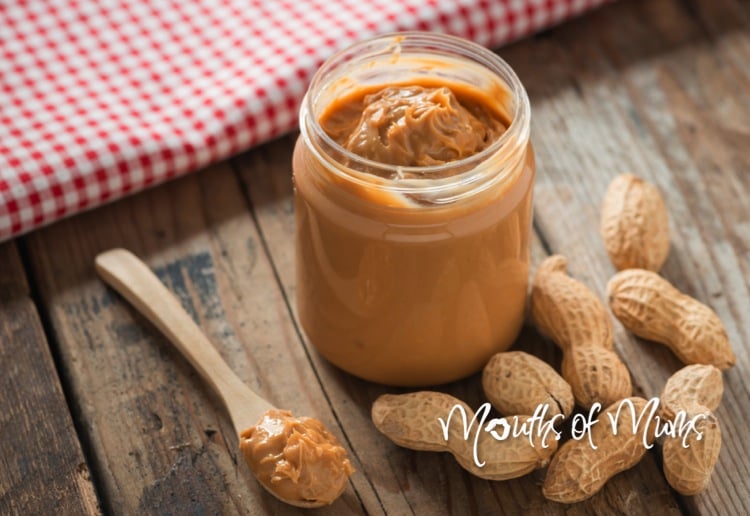
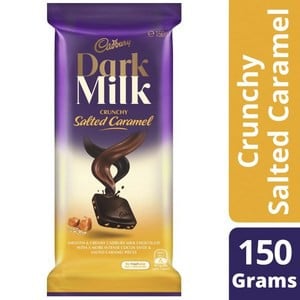
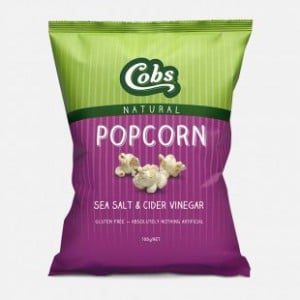
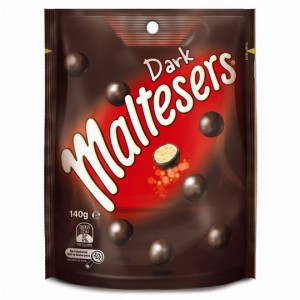




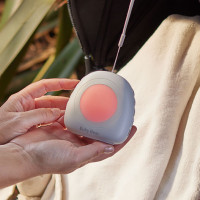











-

-
-
-
mom101628 said
- 27 Apr 2017
Reply
-

-
-
-
Sarah93 said
- 03 May 2016
Reply
-

-
-
-
youngoldlady said
- 30 Apr 2016
Reply
-

-
-
-
mom81879 said
- 23 Apr 2016
Reply
-
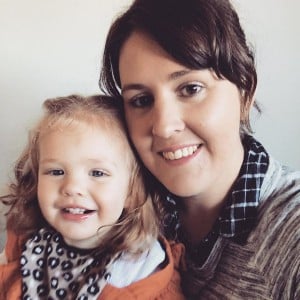
-
-
-
aprilb1 said
- 09 Apr 2016
Reply
-

-
-
-
curlytops said
- 31 Mar 2016
Reply
-

-
-
-
june11 said
- 16 Mar 2016
Reply
-

-
-
-
mom90758 said
- 16 Mar 2016
Reply
-

-
-
-
mom74640 said
- 16 Mar 2016

Reply
Post a comment11:36 pm
6:17 pm
9:02 pm
10:42 am
9:13 pm
7:48 am
10:05 pm
4:30 pm
10:41 am